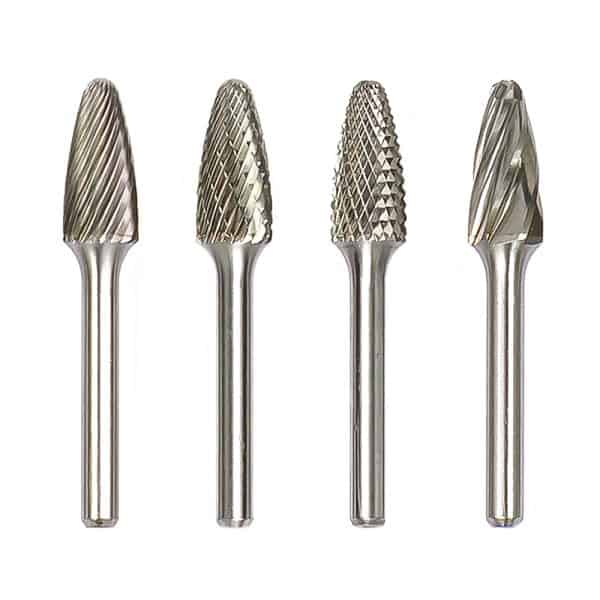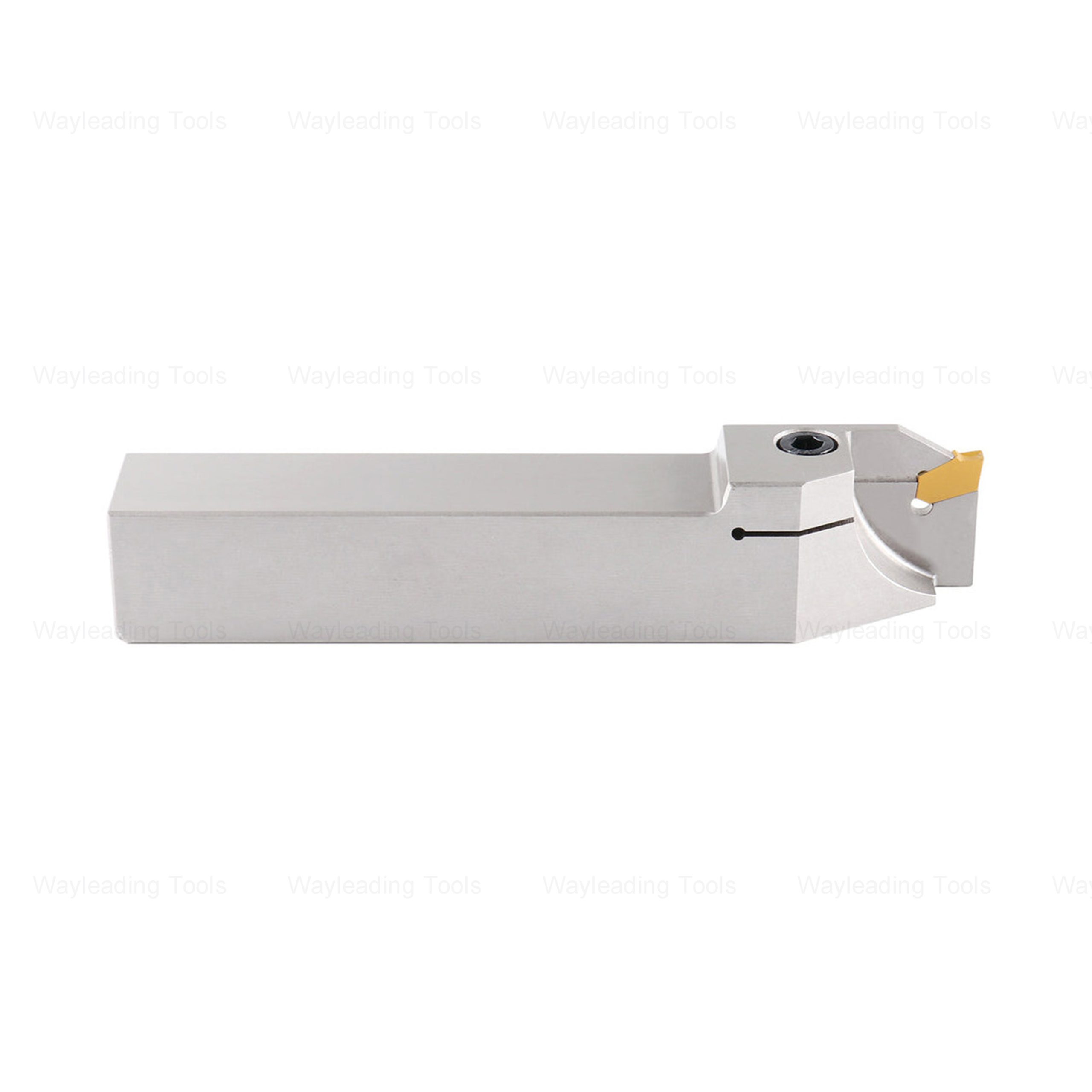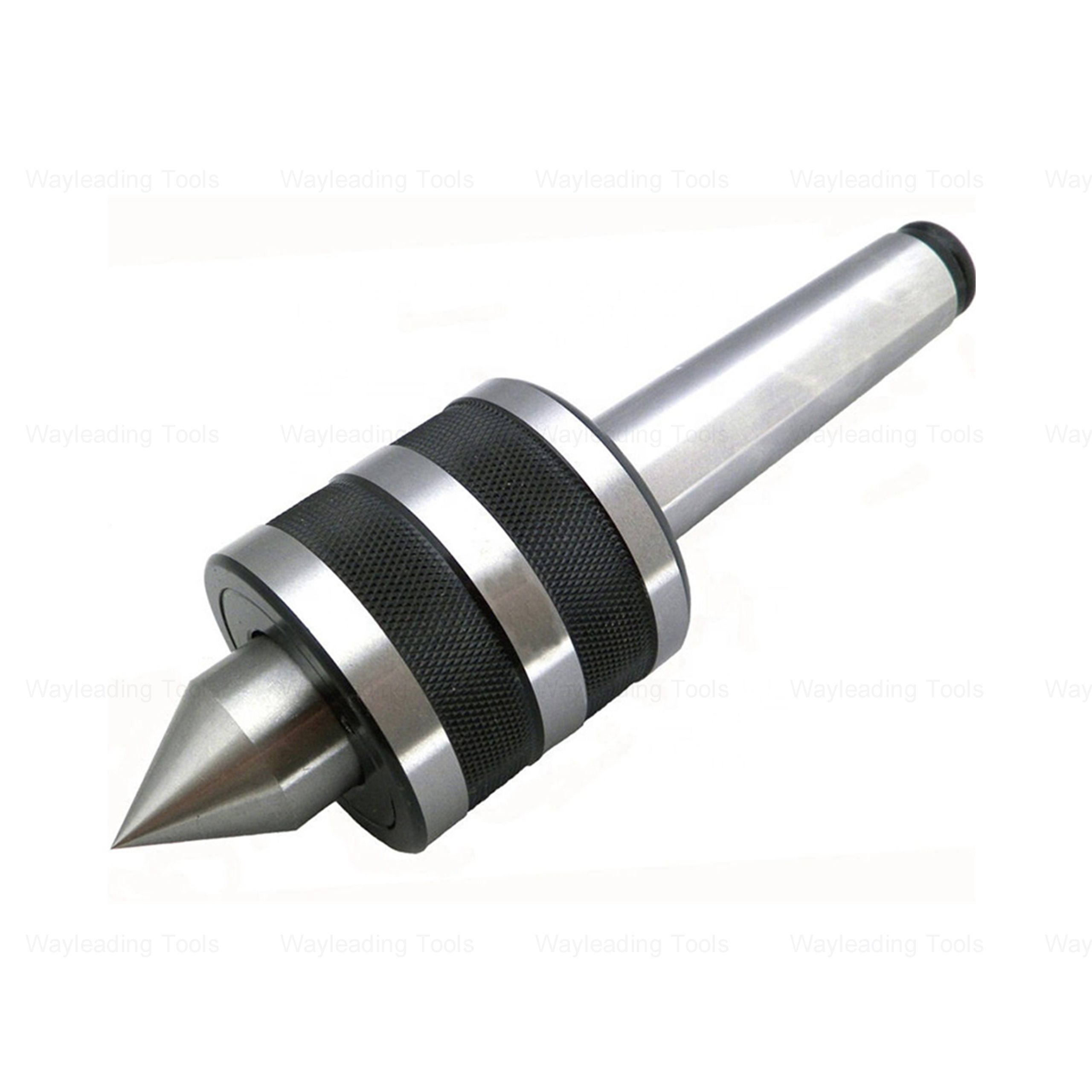reamer tools Factory
A reamer tools factory specializes in manufacturing precision cutting tools used for enlarging and finishing existing holes. These tools, known as reamers, are essential for achieving accurate dimensions and smooth surfaces in various metalworking applications. This article delves into the intricacies of reamer tools, exploring their types, manufacturing processes, applications, and factors to consider when selecting a reliable reamer tools factory.
Understanding Reamer Tools
What is a Reamer?
A reamer is a rotary cutting tool used to enlarge or finish an existing hole to a precise size and smooth surface finish. Unlike drills, reamers are designed to remove a small amount of material, typically a few thousandths of an inch, ensuring high accuracy and quality.
Types of Reamers
Reamer tools come in various designs, each suited for specific applications and materials. Here are some common types:
- Hand Reamers: Designed for manual operation, offering greater control and precision for small-scale projects.
- Machine Reamers: Used with drilling machines or lathes for faster and more consistent results in production environments.
- Chucking Reamers: Feature a straight shank for easy mounting in a chuck. Ideal for general-purpose reaming.
- Tapered Reamers: Designed to create or enlarge tapered holes, often used for fitting tapered pins or fasteners.
- Adjustable Reamers: Allow for slight adjustments in diameter, providing flexibility for different hole sizes.
- Shell Reamers: Consist of a replaceable reamer head mounted on an arbor, offering cost savings for high-volume production.
The Reamer Tools Manufacturing Process
Material Selection
The choice of material significantly impacts the performance and lifespan of a reamer tool. Common materials include:
- High-Speed Steel (HSS): Offers a good balance of hardness, toughness, and wear resistance, suitable for general-purpose reaming.
- Cobalt Steel (HSS-Co): Contains cobalt for improved heat resistance and cutting performance, ideal for machining harder materials.
- Carbide: Provides exceptional hardness and wear resistance, suitable for high-speed machining and abrasive materials.
Manufacturing Steps
A typical reamer tools factory follows these key steps in the manufacturing process:
- Material Preparation: Cutting the raw material to the required length and diameter.
- Flute Grinding: Creating the cutting edges (flutes) on the reamer blank using precision grinding machines.
- Heat Treatment: Hardening the material to improve wear resistance and cutting performance.
- Surface Grinding: Ensuring precise dimensions and smooth surface finish.
- Inspection: Verifying the accuracy and quality of the reamer using advanced measuring instruments.
- Coating (Optional): Applying a coating, such as titanium nitride (TiN) or titanium aluminum nitride (TiAlN), to enhance wear resistance and reduce friction.
Applications of Reamer Tools
Reamer tools are widely used in various industries to achieve precise hole dimensions and smooth finishes. Some common applications include:
- Automotive: Machining engine components, transmission parts, and brake systems.
- Aerospace: Manufacturing aircraft parts, including landing gear components and engine housings.
- Medical: Producing surgical instruments and implants.
- Electronics: Creating precise holes for electronic components and connectors.
- General Manufacturing: Machining various metal parts and components.
Selecting a Reamer Tools Factory: Key Considerations
Choosing the right reamer tools factory is crucial for ensuring the quality and performance of your cutting tools. Consider the following factors:
Experience and Expertise
Look for a factory with a proven track record in manufacturing high-quality reamer tools. A well-established factory like Wayleading Tools, can ensure consistent quality and reliability.
Manufacturing Capabilities
Ensure the factory has the necessary equipment and technology to produce the specific types of reamer tools you require. Check their machine capacity and production volume capabilities.
Quality Control
A reputable reamer tools factory should have a robust quality control system in place to ensure that all tools meet the required specifications. Ask about their inspection processes and certifications.
Material Sourcing
Inquire about the source of the raw materials used in manufacturing the reamers. Using high-quality materials is essential for ensuring the performance and lifespan of the tools.
Customization Options
If you require custom-designed reamers, ensure the factory has the capability to accommodate your specific needs. A flexible reamer tools factory can provide tailored solutions.
Pricing and Lead Times
Compare pricing and lead times from different factories to find the best value for your money. Consider the total cost of ownership, including the lifespan and performance of the tools.
Common Reamer Problems and Solutions
Even with high-quality reamer tools, problems can sometimes arise. Here are some common issues and their solutions:
Oversized Holes
- Cause: Excessive cutting speed, dull reamer, or improper alignment.
- Solution: Reduce cutting speed, sharpen or replace the reamer, and ensure proper alignment of the workpiece and reamer.
Poor Surface Finish
- Cause: Dull reamer, insufficient lubrication, or excessive feed rate.
- Solution: Sharpen or replace the reamer, use appropriate cutting fluid, and reduce the feed rate.
Chatter
- Cause: Vibration, loose workpiece, or improper reamer design.
- Solution: Secure the workpiece, use a vibration-dampening setup, and consider using a reamer with unequal flute spacing.
Cost Analysis: Investing in Quality Reamer Tools
While lower-priced reamers might seem appealing initially, investing in quality reamer tools from a reputable reamer tools factory can save you money in the long run. Here's why:
- Longer Lifespan: High-quality reamers made from premium materials last longer, reducing the frequency of replacements.
- Improved Accuracy: Precise dimensions and smooth finishes minimize scrap rates and rework.
- Enhanced Productivity: Efficient cutting performance reduces cycle times and increases throughput.
- Reduced Downtime: Reliable tools minimize breakdowns and disruptions to production.
Consider the following table comparing the cost of low-quality versus high-quality reamers over a one-year period:
| Category | Low-Quality Reamer | High-Quality Reamer |
|---|---|---|
| Initial Cost | $20 | $50 |
| Lifespan | 3 Months | 12 Months |
| Replacements per Year | 4 | 1 |
| Total Cost per Year | $80 | $50 |
| Scrap Rate (estimated) | 5% | 1% |
Conclusion
Reamer tools are essential for achieving precise hole dimensions and smooth finishes in various metalworking applications. Selecting a reliable reamer tools factory that prioritizes quality, expertise, and customer satisfaction is crucial for ensuring the performance and longevity of your tools. By understanding the different types of reamers, the manufacturing process, and the factors to consider when choosing a factory, you can make informed decisions that optimize your production processes and minimize costs. Partnering with a reputable supplier like Wayleading Tools can ensure that you receive the highest quality reamer tools for your specific needs.
Disclaimer: This article is for informational purposes only. Consult with a qualified professional for specific applications.
Related products
Related products
Best selling products
Best selling products-
 Digital Indicator – Precision Type, Inch/Metric, Industrial Grade
Digital Indicator – Precision Type, Inch/Metric, Industrial Grade -
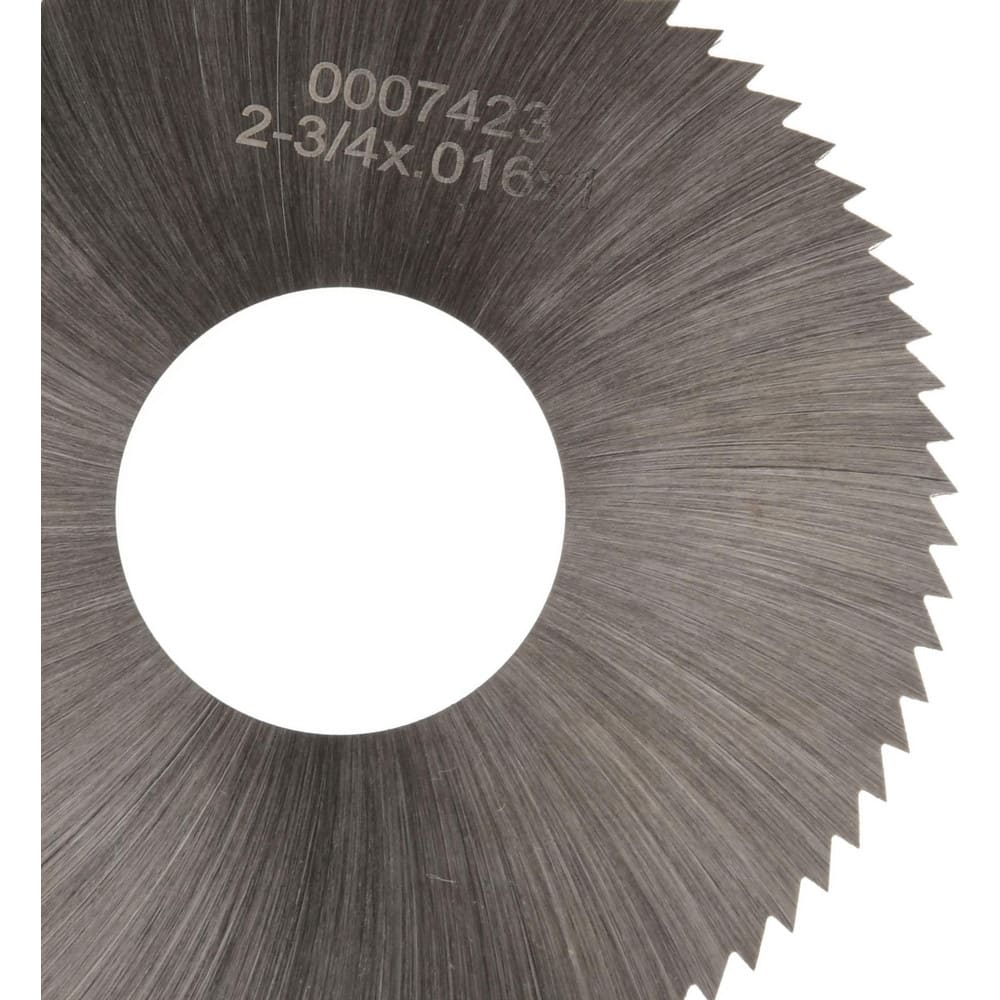 HSS Inch Plain Metal Slitting Saws For Industrial
HSS Inch Plain Metal Slitting Saws For Industrial -
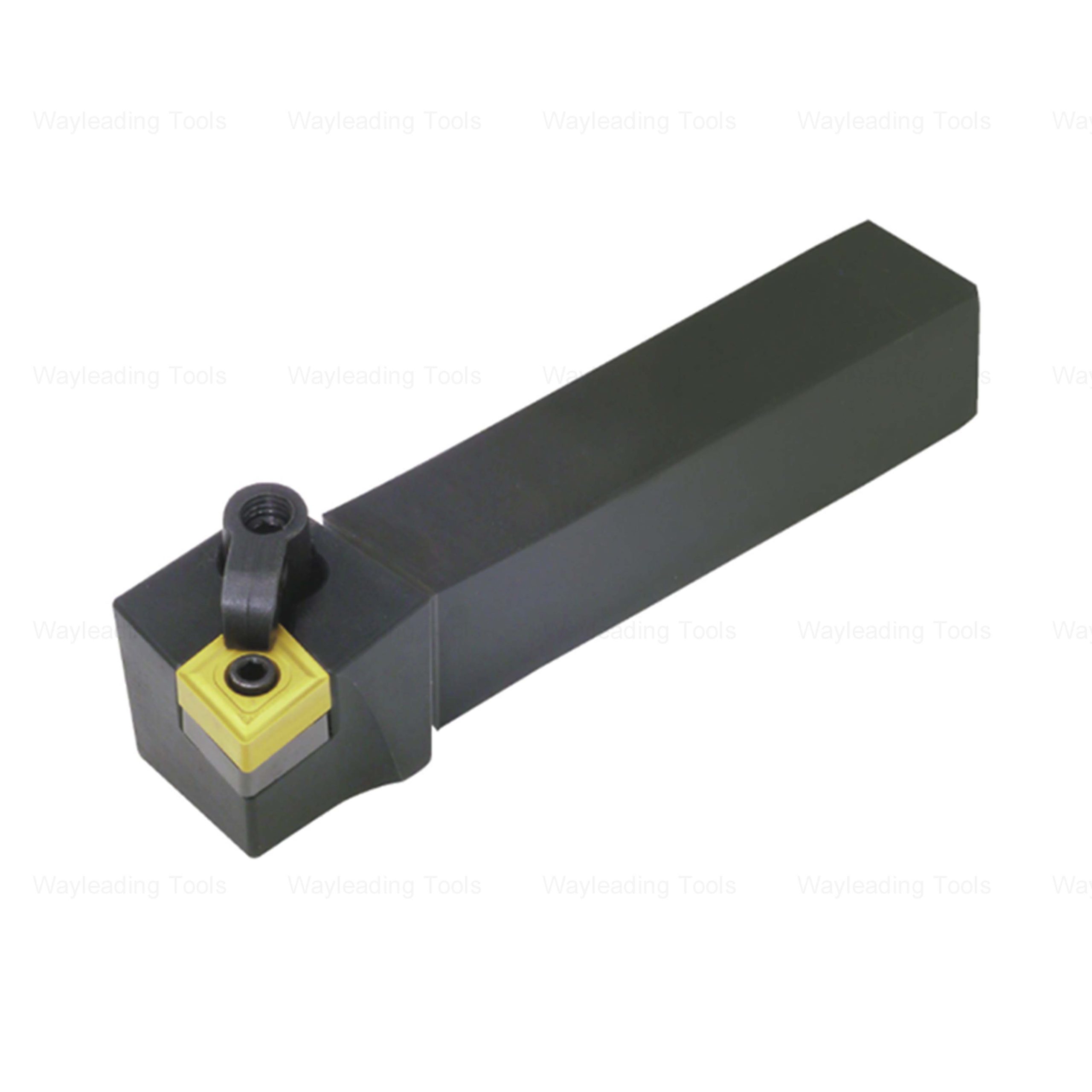 MCLN Indexable Turning Tool Holder
MCLN Indexable Turning Tool Holder -
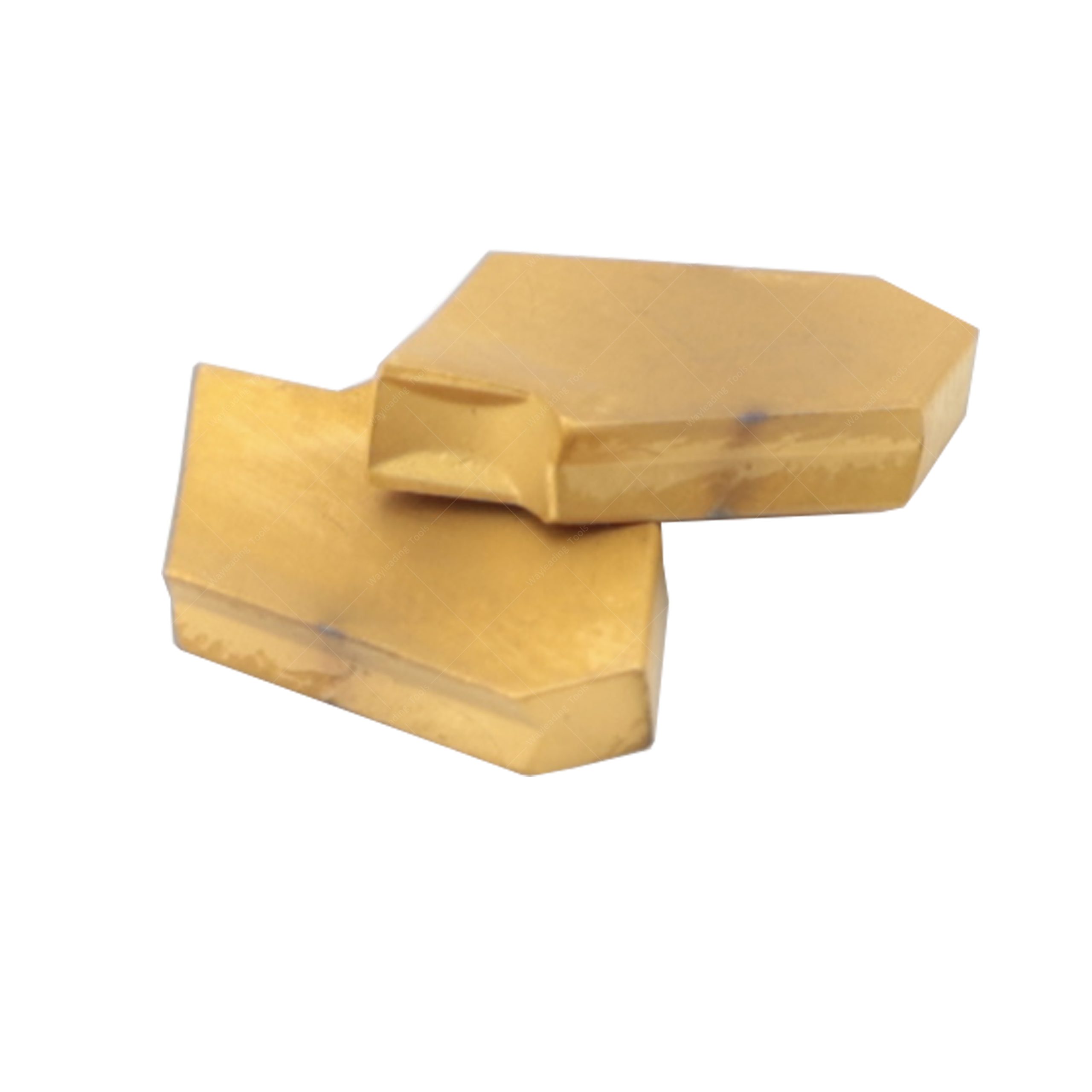 GTN Parting & Grooving Insert For NCIH Blade
GTN Parting & Grooving Insert For NCIH Blade -
 HSS 3PCS DIN352 Hand Tap Set With Taper And PLUG Or Bottoming Tap
HSS 3PCS DIN352 Hand Tap Set With Taper And PLUG Or Bottoming Tap -
 APKT Milling Insert For Indexable Milling Cutter
APKT Milling Insert For Indexable Milling Cutter -
 DIN4971-ISO1 Carbide Tipped Tool Bit With Right And Left Hand
DIN4971-ISO1 Carbide Tipped Tool Bit With Right And Left Hand -
 HSS DP Involute Gear Cutters With PA20 And PA14-1/2
HSS DP Involute Gear Cutters With PA20 And PA14-1/2 -
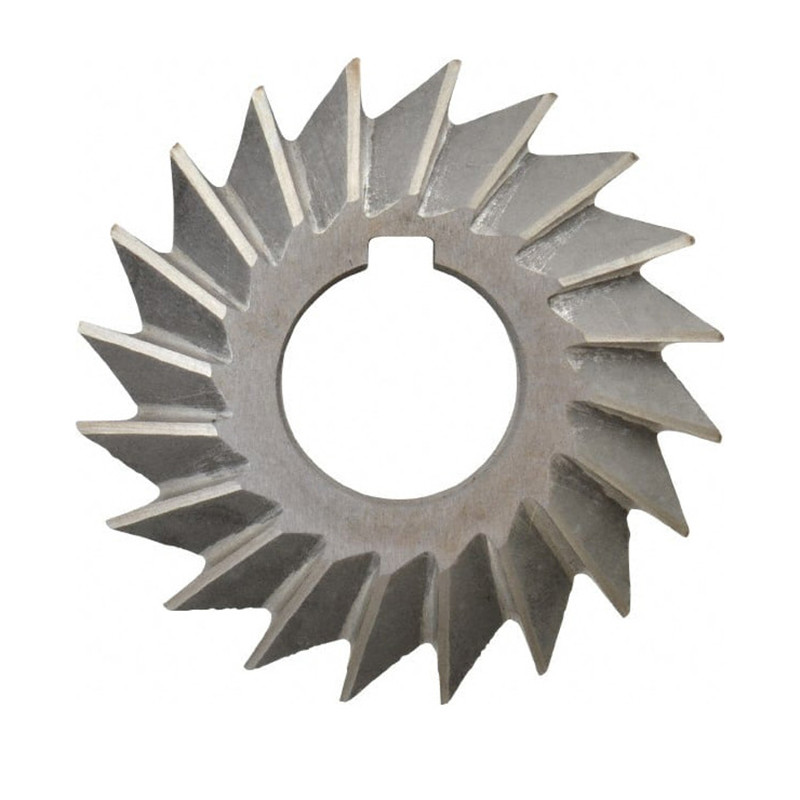 HSS Inch & Metric Single Angle Milling Cutter For Industrial With Bright Or TiN Coated
HSS Inch & Metric Single Angle Milling Cutter For Industrial With Bright Or TiN Coated -
 HSS Metric Taper Shank Twist Drills for High-Precision Metal Cutting
HSS Metric Taper Shank Twist Drills for High-Precision Metal Cutting -
 7pcs Carbide Turning Tool Set With Metric & Inch Size
7pcs Carbide Turning Tool Set With Metric & Inch Size -
 Depth Vernier Gauge With Stainless Steel And Monoblock Depth Type
Depth Vernier Gauge With Stainless Steel And Monoblock Depth Type


